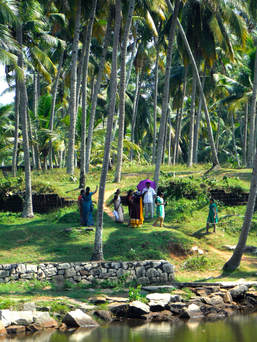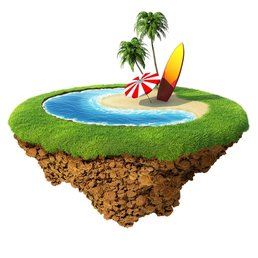
The process could not be easier
Instead of spending hours at end in line at the Indian consulate, you can apply online for an Indian e-visa. There are no special requirements. All you need is a valid passport, a recent digital photo of yourself, a scan of the information page of your passport, and credit/debit card or Paypal account. Additionally, if you go on business, you will need a copy of your business card and an invitation letter (if possible,) and going for medical reasons will require a medical letter. None of those documents are difficult to obtain. You can even get cheap passport photos online to save you some trouble.
Once you have the documents at hand, you access the website and follow the steps.
The first step lasts about 5 minutes and consists of filling some basic information. The second stage will require you answering a set of personal questions. Also, you need to upload the documents mentioned above. If you have trouble in doing all that, which is not likely, there is 24/7 service available for assistance.
It is fast
You can choose from three processing periods. The first one is the Standard Processing, and it will give you the visa in three business days. The second one is Rush Processing, which means you will get the document in one business day, and the Super Rush Processing will release your visa in as little as 18 hours. With that being said, in case of emergency, you can be on the plane to India in 24 hours.
It is cheap
The price of the visa depends on your nationality, and the processing time you want. The Standard Processing will cost you 35$, which is the service fee. However, if you want the Rush Processing, you will spend an additional 30$, and the Super Rush Processing will add another 65$ to your bill. If you think about it, how much would it cost you to take leave from work, go on errands to provide documentation and spend a few hours in line? That is not free either, so from where you stand, getting an Indian e-visa online is cheaper.
Refunds are possible, but only to a certain extent.
As long as your application has not reached the Indian government, you are the perfect candidate for a full refund. However, if your application has already been reviewed, you cannot get your money back.
Conclusion
The Indian e-visa has all the elements that would make you want to go for it. It is simple, fast, and cheap. Nothing can top that. However, keep in mind that the visa can only be accepted on one of the 24 airports and three seaports. Other than that, your efforts are minimal. Also, do not forget to print a copy of the document.

 RSS Feed
RSS Feed